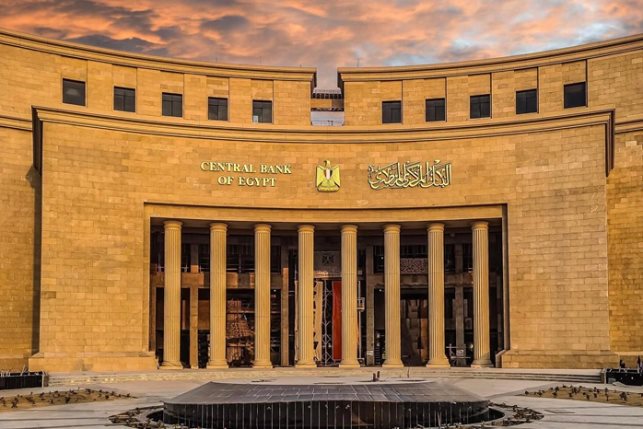World Bank affirms Egyptian growth forecast for FY2024/2025 at 4.2% amid increased investments
The report noted that private consumption in Egypt is estimated to climb as inflation continues its downward trend and increased remittances from abroad
 Wikimedia
Wikimedia
The World Bank (WB) maintained its forecast for Egypt’s growth for the coming fiscal year, predicting a 4.2% growth rate for FY2024/2025, while estimating a slight bump for FY2025/2026 to 4.6%.
In its June Global Economic Prospects Report, the World Bank cited the increased investment inflows prompted by the unprecedented deal with the UAE for the property rights of Ras El Hikma as a main factor to their forecast.
The WB noted that, for the current fiscal year FY2023/2024, Egypt’s growth is estimated to narrow to 2.8% as reduced traffic through the Suez Canal and tourism’s slow recovery due to geopolitical conflict in the region.
In May, Minister of Planning, Hala El Said, revealed that the International Monetary Fund’s estimated Egypt’s growth in FY2024/2025 at 4.4%, noting that it was higher than the country’s own estimate of 4.2%.
BMI Research revised its growth expectations for Egypt earlier in May to 3.2% for the current fiscal year FY2023/2024 and 4.2% in FY2024/2025.
The report noted that private consumption in Egypt is estimated to climb as inflation continues its downward trend and increased remittances from abroad.
The EGP’s depreciation will boost net exports, pushing economic growth, explained the report.
“In Egypt, fiscal deficits will widen if the proceedings of the recent deal with the United Arab Emirates are excluded, as interest expenses increase partly owing to tightened monetary policy and a depreciation of the exchange rate,” according to the report.
The WB added that it expects that the government’s social mitigation measures, together with the negative impact on tax revenue from decreased economic activity and consumer spending, will contribute to fiscal pressures.





